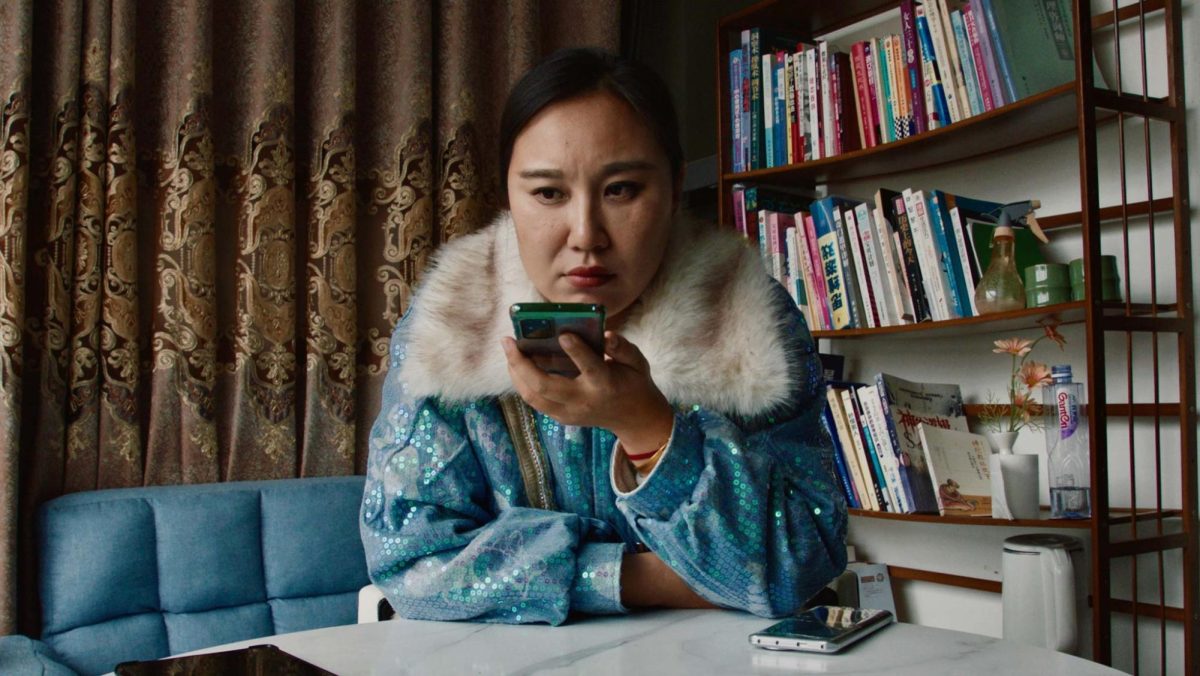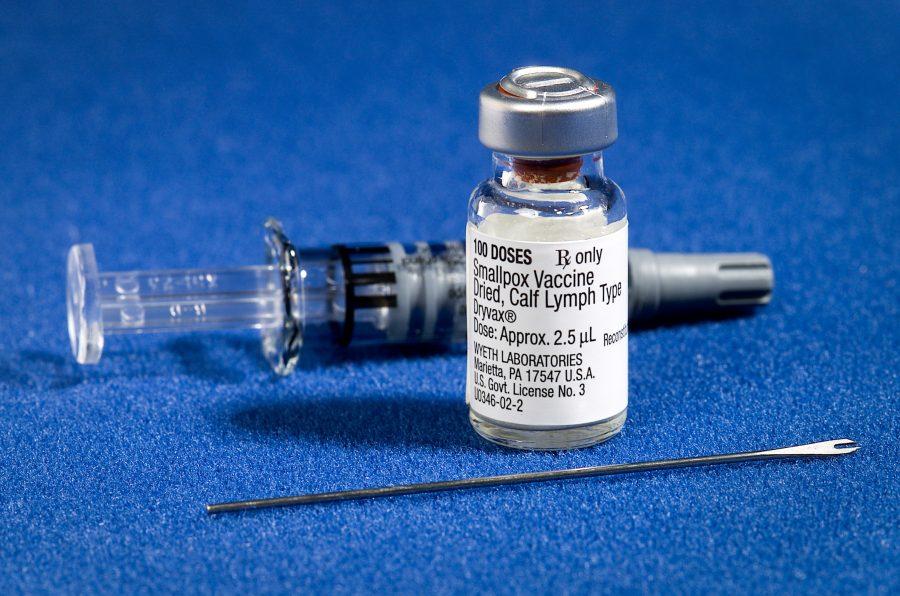After a months-long measles outbreak, New York City Mayor Bill de Blasio declared a public emergency in Brooklyn and made vaccines mandatory last week. Of the 465 cases reported in the U.S. just this year, 285 have been in the New York City area. The measles outbreak is part of a larger trend in the growing anti-vaccination movement in the U.S., which has spread unsubstantiated claims on vaccines and has led to a recent resurgence in diseases that were almost eradicated.
At the NYU School of Medicine, a group of researchers formed the Vaccine Ethics Project to combat this growing anti-vaccination movement and conduct research on the effectiveness of such a policy change.
Board member of the VEP and Head of the Division of Medical Ethics under the Department of Population Health Arthur Caplan understood why de Blasio made vaccines mandatory but does not believe that the initiative would properly address the issue.
“You have to realize there is a lot more noise than reality when [de Blasio] says that because figuring out who isn’t vaccinated is almost impossible,” Caplan said. “We all don’t walk around with vaccinated cards. That means if you had an outbreak in a school and you could prove that somebody caused it because they didn’t vaccinate then you would get the fine. But it’s not like people are going to run up to you and give you a ticket.”
New York City’s decision to make vaccines mandatory in parts of Brooklyn was seen as one of the toughest stances taken on vaccinations in the U.S., on par with Philadelphia’s use of court orders to enforce mandatory vaccinations for children in 1991.
The measles outbreak in Brooklyn was partly attributed to the anti-vaccination stance in Brooklyn’s ultra-Orthodox community. This sentiment within the community was exacerbated through a handbook that spread misinformation on vaccines. The handbook claimed vaccines contradict Jewish kosher dietary laws because they contained traces of monkey, rat and pig DNA, which is untrue. New York is one of the many states that allow religious, medical and philosophical exemptions from vaccinations.
Doctoral student in the College of Global Public Health Rachael Piltch-Loeb researches how public health and government officials communicate emerging disease threats to the public. She believes that prominent community officials, instead of government officials, should be used to relay accurate information on vaccines and combat the anti-vaccine sentiment in Brooklyn’s ultra-Orthodox community.
“I think that identifying community allies in Brooklyn that are rabbis, or leaders of mothers groups, or teachers and people who are trusted within the community who can help to share the message and engage in an effective dialogue is important.” Piltch-Loeb said.
Caplan said that the religious exemption could be revisited in the near future to prevent outbreaks like the one in Brooklyn. If the exemption was removed, New York would be following suit of states like Mississippi, California and West Virginia where only medical exemptions are allowed.
At NYU, students are required to submit their vaccination records to the Student Health Center before the start of their first year. In 2015, when New York was experiencing a similar outbreak, the university released a statement urging students and visiting students to get vaccinated.
Locally, Board member of the VEP and Head of the Division of Medical Ethics under the Department of Population Health Arthur Caplan has pushed for a policy at NYU that would require vaccinations for all university medical care employees. The vaccination rate of employees increased by 24% as a result.
LS first-year Lisette Guacamaya, who plans to study nursing, said she feels as if the anti-vaccination movement has grown in popularity through its use of social media to push unsubstantiated claims on vaccines. Some sites such as GoFundMe, Facebook and Instagram have begun to ban misinformation about vaccines.
“[Those in the anti-vaccination movement] use tactics to deceive the public by making false claims without any sort of proof as back up and attacking those opposed to their opinions,” Guacamaya said. “Everyone deserves to voice their opinions, but they should be honest and unbiased.”
Steinhardt first-year Awura Gyimah, who is on the pre-health track, said she understood why some people were against vaccines, although she has never missed a vaccination herself.
“I get why people are pro-vax and also why others are anti-vax,” Gyimah said. “While one group argues that vaccines are 90 to 99% effective in preventing disease, the other group argues that vaccines carry a risk of anaphylaxis.”
While some anti-vaxxers have pushed the claim that vaccines cause anaphylaxis, which is an allergic reaction to the vaccine, researchers say that this is extremely rare if the vaccine is administered properly.
Currently, the VEP is analyzing the effectiveness of a 2015 California law eliminating personal-belief exemptions from vaccines and strategies to increase public confidence in the HPV vaccine.
A version of this article appeared in the Monday, April 15, 2019, print edition. Email Marie-Louise Onga Nana at [email protected].

























































































































































